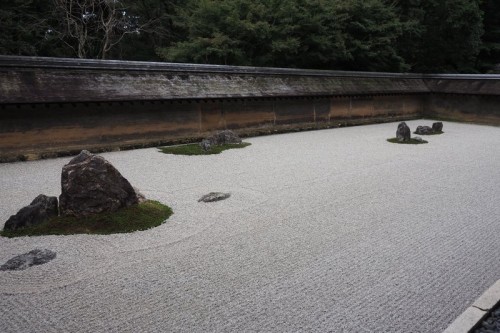
As a wine journalist, I’m always excited by new things. The latest. The trendiest. The novel. People at the extremes.
That’s good: these things are all exciting. Change is part of life itself, and time keeps moving on.
And when it comes to wine itself, I’m often drawn to things that are a bit on the edge. Natural wine would be a great example of this. I get bored easily and I’m always keen to try something new.
The same goes for food. I love food that is authentic, and different. When I travel I don’t want to go to the fanciest places; I want to go to the places that are the most local, the most real, and try the things that are the most unique.
But there needs to be balance, in wine and life. In the pursuit of the new, it’s important not to forget the old. Recognition should be given to traditions, and their maintenance, just as it should be given to the novel and pioneering.
Remember: many of the established classics were once the pioneers.
The skill of a good journalist is having enough perspective so that it’s then possible to make good calls, and to recognize when novelty is inspired, and when it’s simply novelty for novelty’s sake. Some boundaries get pushed too far. Often it’s good to pick grapes early, for example, but it’s possible to pick too early, and that’s where a good journalist makes the right call.
Some traditions are valuable and should be respected; others are less so. Some are of no merit at all. That’s a call that has to be made. Sometimes the establishment is mediocre, and the young guns and revolutionaries have it right.
It’s about balance, but balance isn’t always to be found in the middle ground. Sometimes a wine that is quite extreme can be balanced. And in journalism, a story that gives equal weight to two differing opinions can be unbalanced.
In life, balance is important. But this doesn’t mean playing it safe and being cautious. Sometimes we need to risk everything and make dramatic turn-arounds. Sometimes we are well advised just to stick to what we are doing and be patient. It all depends.
How do we achieve balance? Perspective is vital. Seeing things from not only our own point of view, but also that of others. This is easier to say than do, but it’s important. Thinking and reflecting helps: it’s good to read widely, because words help us see the world in different ways. And in this digital age, it’s so easy to fill every moment with our phones – and these would have been moments when before we would have had mental space to think widely and deeply. So it’s worth taking an effort to take time out for reflection, such as a walk or a bath, or even a practice such as running (as long as you aren’t so exhausted that all you can think about is the pain). I think nature helps, too. It’s only in this way that we’ll manage to find balance for ourselves, and recognize it when we see it.
Balance isn’t and shouldn’t be boring.
3 Comments on It’s all about balance


Hi Jamie
This is very interesting especially about other people’s perspective. Too often the “trade” talks to the “5%” yet, on the whole, tends to ignore the “95%”. For me I’ve always thought about the 95% and as time goes on I see myself becoming more similar to the 95%.
I’ve been thinking about this and to a certain extent about balance. As an aside, balance is not even, it’s about odd – flower arranging, yes flower arranging, planting in the garden and candles on the mantel piece should always be odd in number, not even. So I agree, balance is not even.
I’m starting to form a hypothesis of what the wine industry is missing out on from a consumer perspective. The growth of barbers, the growth of real coffee shops/barristers, artisanal breads, baking, VW camper vans, the gin and tonic, boutique ales, prawn cocktails, open fires, the Kitchen Aid etc is not about craft or artisanship, as too many commentators seem to pontificate. For the generations who have been brought up with the omnipresent digital technology, fast food, dull cars, package holidays, microwaves, constant change etc, this move to nostalgia is not a foolish whim, it’s a life boat, an olive branch, the only thing that helps them cope with the life of constant change. When change and disruption have become the norm, the expected, the perceived social currency, perhaps the real change which we desire is the permanence of some things, the balancing entry in the ledger of stuff representing the need for the next new thing.
I think Adrian’s comment just explained my life. Thank you.
I agree that balance between the elements is important in wine, but tension between the elements is equally important. Balance without tension is flaccidity.